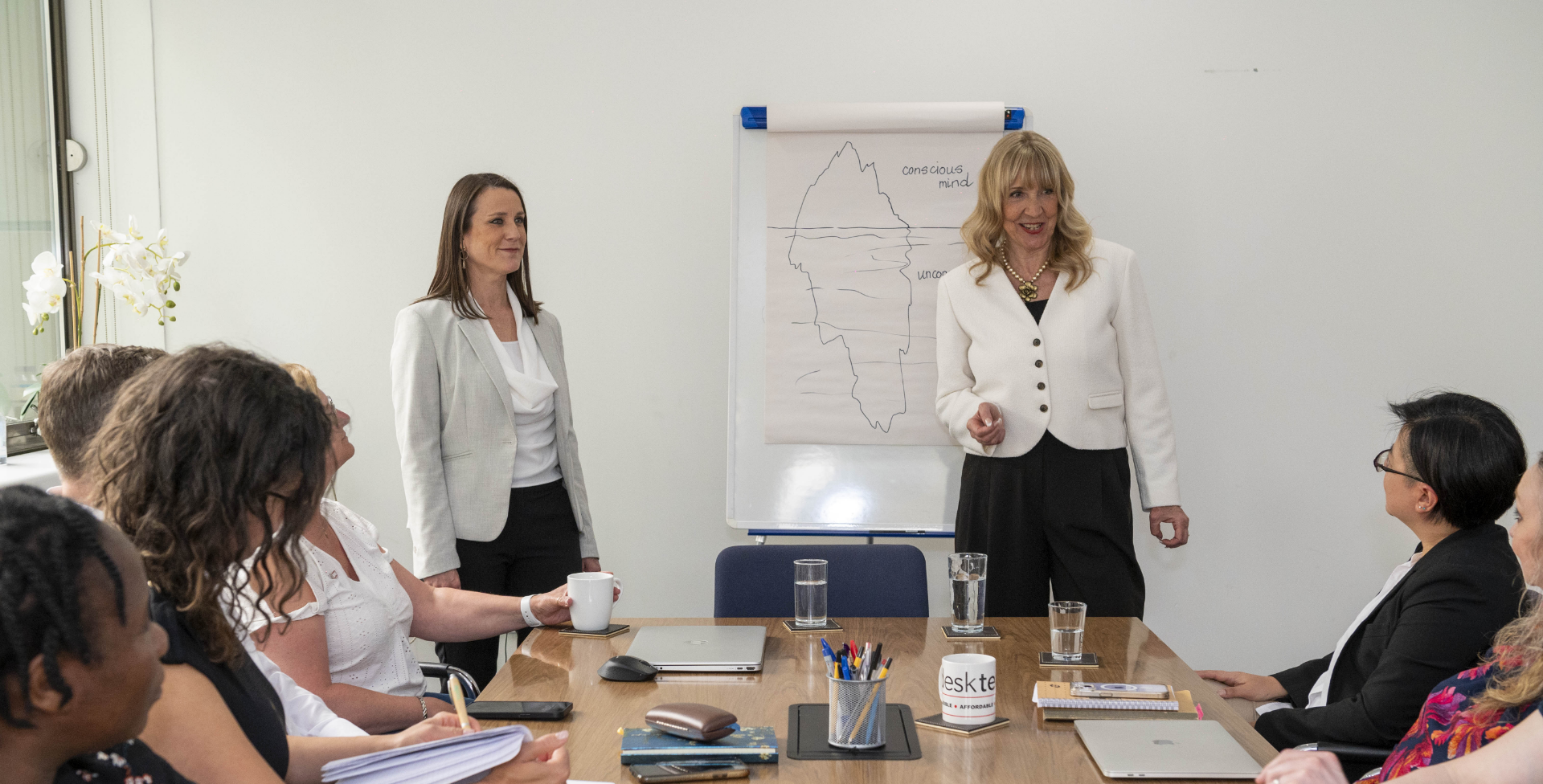In this article, you will find four characteristics commonly found in people who are decisive, along with practical advice on how to incorporate them into your own life.
Decision-makers value their time
Indecision can waste a whole lot of time. Often, we’ll spend hours mulling over a decision with no clear outcome — but that time could be better spent elsewhere.
Decisive people know that their time matters. They’d rather spend time facing the impact of their decisions, than pre-emptively questioning whether they’re making the right ones.
All decisions carry a certain degree of risk. So, when you’re faced with a decision, it’s worth considering the impact of your choice. Naturally, the lower the risk, the quicker you can decide what course of action to take. But that’s not to say you should spend ages contemplating high risk decisions either.
Consider various possible outcomes of each decision you’re faced with, then factor in the impact of each. Put any potential contingencies in place and move forward with your decision, safe in the knowledge you’ve prepared as well as you can.
It’s impossible to predict the impact of any decision, even if you’ve carefully thought through every possible scenario.
But if you allocate a set amount of time to making your decision, you won’t end up wasting many hours going back and forth, when you could be spending your time on something far more productive!
2. Decision-makers have self belief
Let’s face it, the reason many of us struggle to make decisions is that we fear making the wrong ones.
Often this stems from a fear of failure, a quest for perfectionism or a lack of self belief.
So, if you struggle to be decisive, it’s worth considering whether you possess any deep rooted beliefs about yourself that might be holding you back. Once you believe that you’ll be able to cope with the impact of your decisions, even if they don’t work out as planned, you’ll be more likely to go for it.
Procrastination is another barrier to decision-making. We’ll find anything else to distract us from making a decision (see time wasting above!) Procrastination can also be a symptom of lack of self belief or fear of failure.
If a lack of self belief is preventing you from pushing the GO button, it’s worth spending some time working on your confidence and self worth alongside any decision-making techniques.
3. Decision-makers can deal with stress
Decision-making can be stressful, especially if we’re worried about what might happen once we’ve made our choice.
If you struggle to manage daily stress, you might be reluctant to make a decision for fear it might add even more stress to your life. So, it’s worth understanding how you manage stress and learning any techniques that will help you better manage it.
When decision-making is stressing you out, consider taking a break and engaging in other activities for a while. If the decision needs to be made imminently, take an hour to go for a walk, have a rest or do some meditation. Then, when you return to your decision, you’ll feel calmer and more clear headed.
If you have a little more time, invest in regular breaks or even a longer-term breather from your decision. This doesn’t mean you should put it off or procrastinate! Rather, schedule how long you want to disengage from your decision-making and set a deadline for when you need to resume.
This approach to managing your time will reduce stress and make you feel more in control of your decision-making process.
4. Decision-makers don’t do it alone
There are very few problems that can’t be eased by talking to others. Remember the old adage that says “a problem shared is a problem halved”? It really works!
If you’re struggling to make a decision, find a friend or family member who has good listening skills and ask them to be your sounding board. Sometimes simply explaining the situation and the choices before you to another person can give more clarity. This is not about asking the other person for their view on your decision — it is important that you decide what’s best for yourself. So before you begin, explain to them that the best way they can help you is just to listen as you talk things through and be there as your empathetic supporter.
You might also ask other people who you know are strong decision-makers what strategies they use – so get them to talk you through a successful decision-making process. Then you can try out their strategy for yourself.
Have you tried NLP for decision-making?
Neuro-linguistic programming is becoming a popular go-to tool for people who want to be better at decision-making.
NLP offers highly effective techniques for clarifying your thoughts and identifying what is most important, allowing you to prioritise and focus.
This will give you confidence in yourself to take decisions and make the best choices.
Want to know more about how NLP can help you?
NLP at Work is running a 12 week online course from 12th September. We offer weekly, morning and evening sessions. By the end of the course, you’ll have a valuable toolbox of methods to boost your productivity, improve your wellbeing and make a positive impact on the bottom line.


